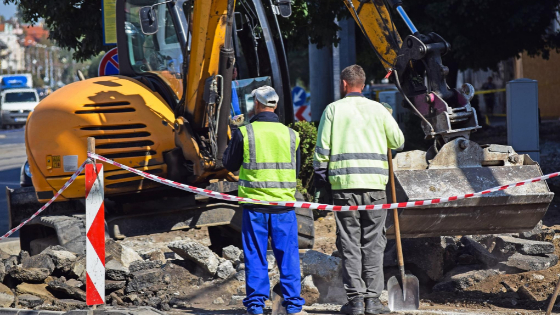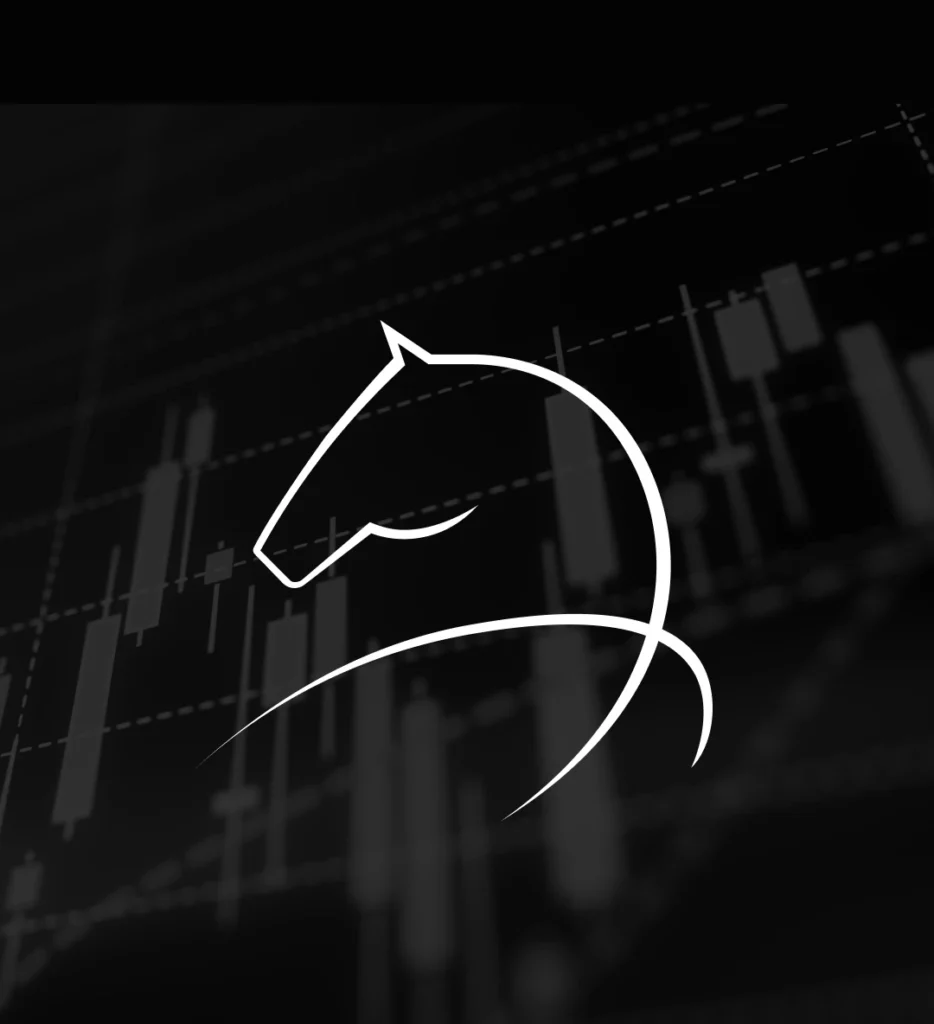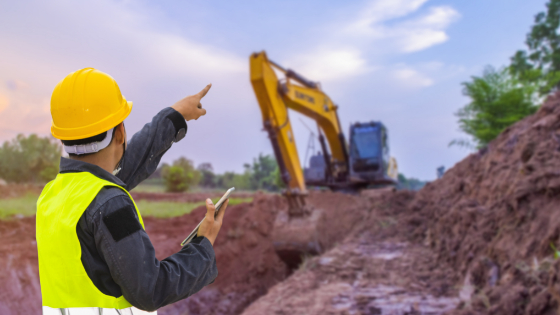If you run a business in an industry such as earthmoving, transport, construction or factory production, you’ll need specialised equipment and assets to get the job done.
Securing these assets can be done in one of two ways: buying or hiring equipment. Choosing the right path can be a tricky task, but it will ultimately come down to the numbers — which option makes the most fiscal sense?
To find out, let’s take a look at the factors at play.
Buying vs hiring considerations
Making the best possible decision between buying and renting equipment is about asking yourself a few key questions:
- How long do you need the asset/machine/piece of equipment?
- How regularly will the asset be used?
- What will you be using the asset for?
- How specialised is the asset (does it have an alternate use)?
- Do you have access to the necessary finance?
- Are there any tax advantages to buying?
- What will be the most beneficial decision in the long term?
While many of these questions might seem simple, answering them can go a long way to helping you clarify whether buying or hiring is best for you.
When to hire equipment and assets
When does it make sense to go down the equipment rental road through a hire company?
- When they’re a short-term fix: If you only need an asset for a short-term project or one-off job, it makes far more sense to hire.
- When they’re of limited use: If you only need construction equipment occasionally, and it is a specialised item that can’t be used for anything else, hiring is often best.
- When buying is cost-prohibitive: If an asset is particularly expensive, you may not have the financial resources, in which case hiring, at least initially, might be best. Talk to us if this is the case, as we may have the right equipment finance solution!
- You don’t have the storage space or fleet management capability: If you don’t have the space to store your heavy equipment, you’re going to be in a bit of trouble when it comes time to put down the tools at the end of the day. This is one of the main reasons construction businesses consider dry hire rather than purchasing construction machinery.

When to buy equipment
When does buying equipment make sense? In short, whenever the points listed above don’t apply.
If it’s an asset that you will use on an ongoing basis, and you can access the necessary funds, at darkhorsefinancial.com.au, we generally recommend that businesses buy instead of hire, for a few good reasons:
Buying strengthens the balance sheet
Purchasing assets helps to build organisational equity, which can in turn, grant your business access to the resources it needs to grow.
Buying is cheaper on a day-to-day basis
Equipment hire day rates are designed to cover all the costs and generate a nice profit for the hiring business. In the same way that renting is paying off someone else’s mortgage, hiring is paying off someone else’s asset (as well as their salaries and utility bills!) By purchasing the asset, you pay for the asset alone — and you get to keep it!
Buying is more cost-effective in the long-term
It’s important to see an asset purchase not as a cost, but as an investment — one that offers an increasing return the further ahead you look. Be sure to factor in tax perks (depreciation of the asset as well as any tax deductions for your finance), your increased potential to earn, and the resale value in 10 or 20 years’ time (which for specialised equipment, can be remarkably high).
Buying can help you take advantage of tax incentives
The Temporary Full Expensing Scheme is an initiative introduced by the government in response to financial hardships businesses have faced through the COVID-19 pandemic. It allows eligible businesses to claim a tax deduction for the full cost of depreciating assets.
Rather than claim the depreciation as a tax deduction each year, the business has the option of claiming the total cost of the asset. This allows the business to reduce its taxable income in the financial year the asset was purchased. Claiming the cost of expensive business equipment all at once has the potential to significantly reduce taxable income and the associated tax liability.
Whether you’re thinking about a used or new equipment purchase, talk to us at darkhorsefinancial.com.au, or simply get an online quote today — we can help you finance your own equipment in no time.

Commercial Lending Solutions For Your Business
OVERDRAFTS | TERM LOANS | UNSECURED LENDING | EQUIPMENT FINANCE | PROPERTY FINANCE | CASH FLOW LENDING | WORKING CAPITAL | BRIDGING LOANS | PRIVATE LENDING
The finance you need to do business the way you want
.





